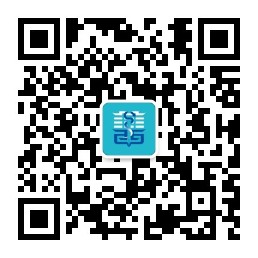The aims of this study are to characterize the biological disease-modifying antirheumatic drug (bDMARD) usage patterns in real-life and examine the remission rate of rheumatoid arthritis (RA) patients receiving bDMARDs in routine clinical practice in China. Consenting RA patients (18 years) from 15 teaching hospitals and receiving marketed bDMARDs were included. In total, 802 patients (81.3 % women, 49.0 +/- 13.9 years) were included; 89.5 % were receiving a combination of bDMARDs and conventional synthetic DMARDs (csDMARDS), whereas 10.5 % were receiving bDMARD monotherapy. Etanercept (including EnbrelA (R) and local brand Yi Sai PuA (R) and QiangkeA (R)), tocilizumab, adalimumab, and infliximab were used by 66.6 %, 17.0 %, 7.5 %, and 6.6 % patients, respectively. Etanercept was used at a mean weekly dose of 38.2 +/- 15.6 mg for 25.5 +/- 47.0 weeks and tocilizumab at 94.5 +/- 21.9 mg for 4.7 +/- 7.5 weeks. Overall rate of remission was 12.6 %, 5.4 % , and 3.5 % based on DAS28, CDAI, and SDAI scores, respectively. Compared with patients receiving bDMARDs for < 3 months, those receiving bDMARDs for 3 months exhibited significantly lower DAS28 scores (p < 0.0001), and a significantly higher proportion of patients who received bDMARDs for 12 months achieved the treatment goal (remission or low disease activity, 62.5 % vs. 18.3 %, p < 0.0001). Patients receiving combination therapy with csDMARDs exhibited lower DAS28 scores than patients receiving bDMARD monotherapy (4.3 vs. 4.8, p = 0.011). This large-scale real-world study showed that bDMARD usage patterns in routine clinical practice in China were in accordance with international guidelines for RA management despite the short treatment duration. Longer duration of bDMARD usage and combination therapy showed a favored outcome of RA.
引用本文: . . West China medical Virtual Journal, 2000, 1(1): 35-43-. doi: 10.1007/s10067-016-3424-5 復(fù)制




